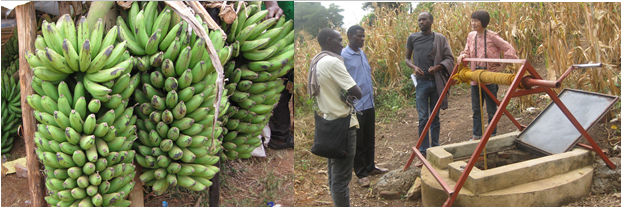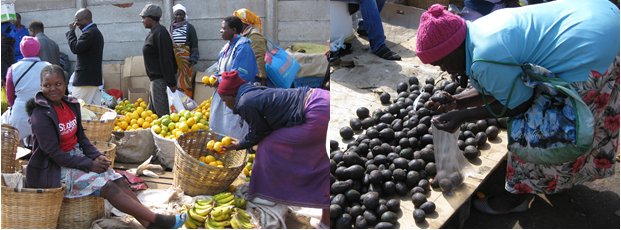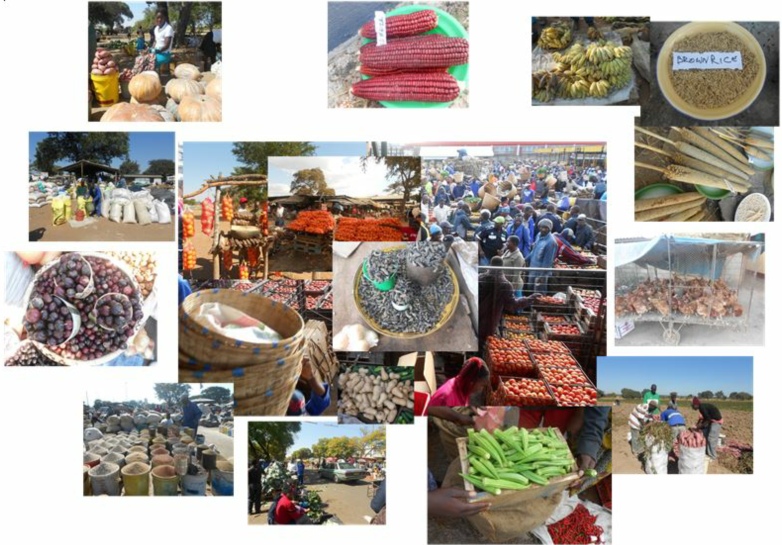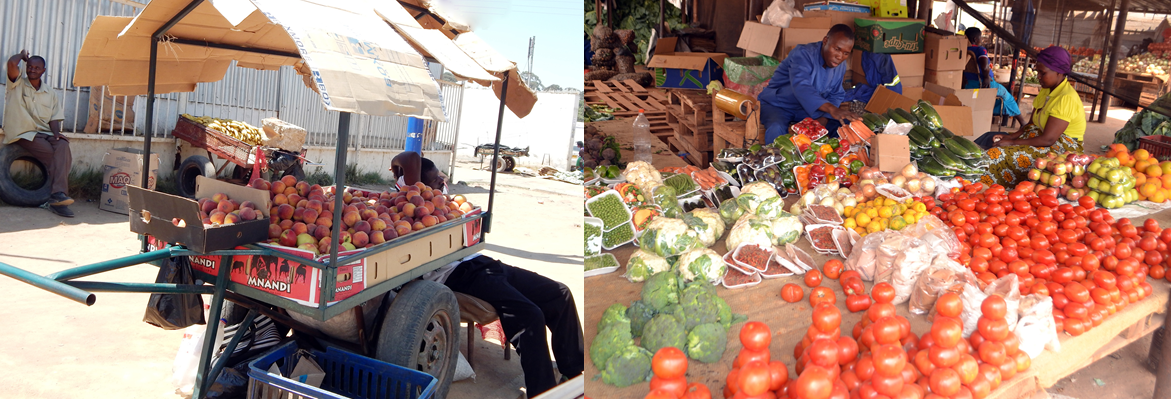Translating common sense into agribusiness models
Knowledge generation and sharing has been happening in every community since time immemorial. However, there has not been enough recognition of the way knowledge is structured from individual knowledge to household knowledge to community knowledge and to inter-community knowledge sharing. The way most African communities engage with knowledge is different from academic learning where one Read more about Translating common sense into agribusiness models[…]










